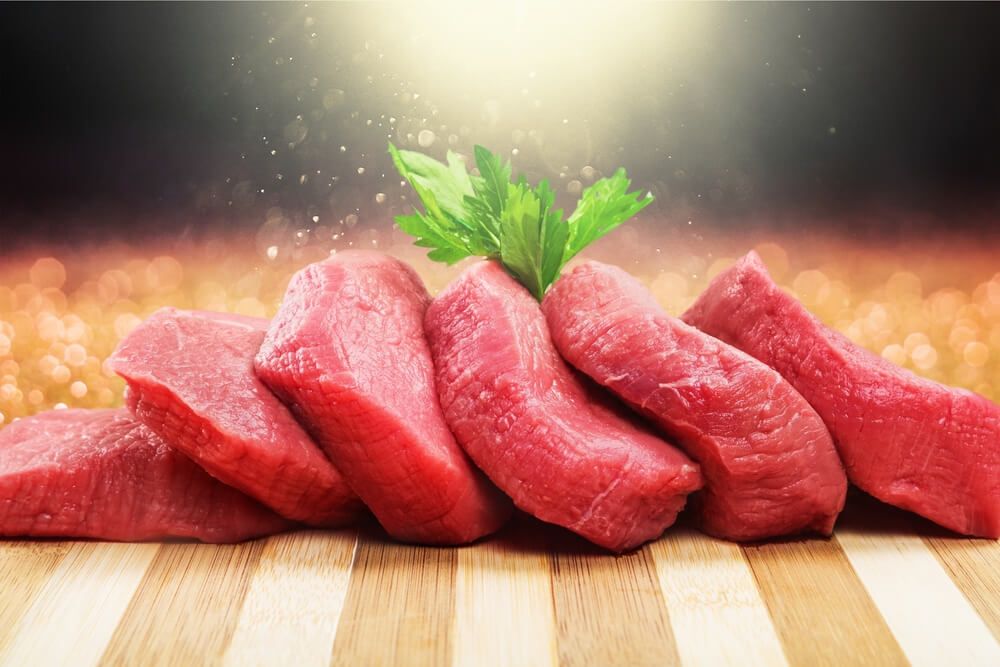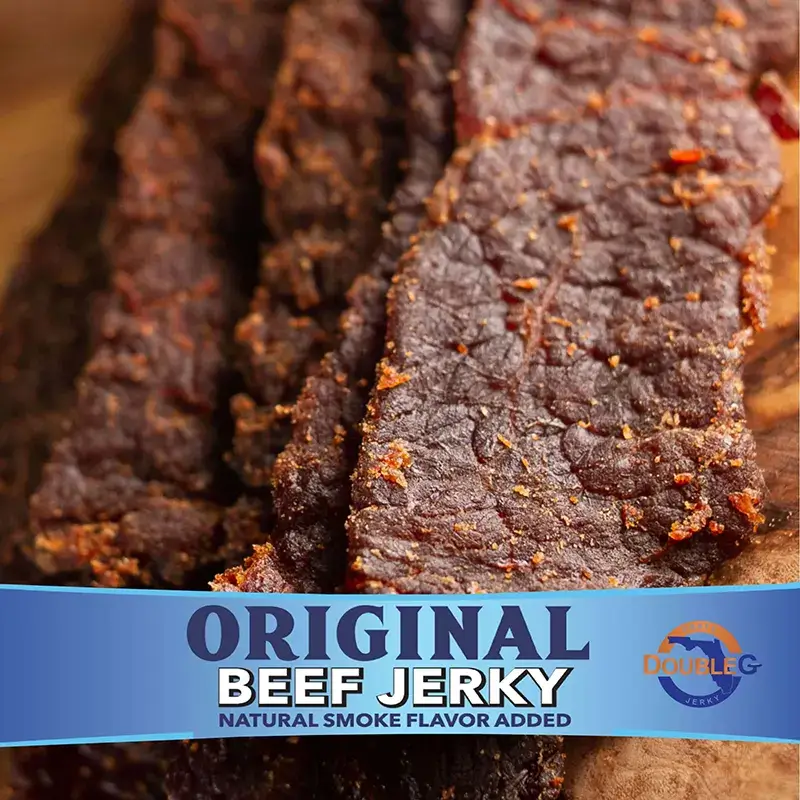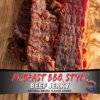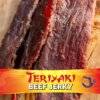How Important is It to Include Red Meat in Our Diet?
Meat is one of the fundamental pillars of the Mediterranean diet, along with fish, fruit, and vegetables. It is one of the best sources of protein and vitamins and should be included in any healthy diet.
One of the biggest problems encountered by diets that do not include meat is the development of significant nutrient deficiencies that plant-based foods do not have or do in very low amounts. Undoubtedly, meat proteins are of high quality and have the essential amino acids necessary for the body.
Why Do We Need Meat in Our Diet?
Meat is a very important source in our diet because it is rich in protein and provides the necessary micronutrients that we do not find in other foods (or, if found, they have a much lower presence).
For this reason, meat is a food with a high biological level: it is a complete protein that contains all the essential amino acids for our body.
The following nutrients stand out in meat:
- Hierro
- Selenium
- Folic acid
- Vitamin A
- Vitamin B12
In addition, red meat is ideal for combating or preventing anemia.
Importance of Meat in Childhood
Meat is very important during the early years of life as it helps the development of tissues and the growth of the little ones. Meat is a fundamental element in any child’s diet since it has large amounts of iron, essential for good cardiovascular development in children.
Any type of meat is recommended during childhood to meet all nutritional needs. In this way, starting with the ones that contain less fat first and gradually introducing the rest into your diet is important.
How to Prepare Meat to Make It Healthier?
When it comes to cooking meat or other proteins, it is always better to opt for healthy cooking, such as grilling and oven cooking, rather than to fry or battering (very oily options and, therefore, suitable only for specific occasions and not as a rule).
Another issue that usually worries us is the fat in meat: However, fat consumption is also essential because they provide us with energy and fatty acids necessary for the proper development of our tissues, brain, and vision.
However, if you want to reduce fat consumption, we recommend that you do not remove it until after the meat has been cooked because its presence will help us better butter the pan, but you can separate it before eating.
Lastly, lean cuts are less fatty, so they should have more presence in your diet. This is the case with cuts of meat such as the sirloin, the loin, and the needle.
What Accompanies the Meat?
Generally, the problem is not in what you eat in a hamburger, which is very healthy, but in how you accompany it. Do you eat it with chips and a drink? Or with baked vegetables and a glass of water?
Ideally, in your day-to-day, you accompany meat with plenty of fresh vegetables and foods rich in fiber. This will provide your body with all the nutrients it needs. However, you can make exceptions occasionally, as long as you don’t make them the norm.
Each meal must be balanced. A good reference on the quantities we should consume can be found in the famous Harvard dish, devised by nutrition experts from the School of Public Health of said University. We divide the plate into four parts: vegetables, carbohydrates, protein, and fruit.
Another trick is to fill the plate with different colors, indicating that we will obtain different types of vitamins and minerals.
As with everything, there is no need to obsess over these divisions: if we have eaten more carbohydrates and neglected the other elements during the meal, we can focus on protein and vegetables for dinner. The important thing is that we get all the essential nutrients at the end of the day.
Recommendations to Lead a Healthy Lifestyle Eating Everything
It is best to avoid extreme diets and eat various foods to be healthy. These are some of our recommendations to improve your eating habits without having to start a strict diet (with its possible and unwanted rebound effect):
- Consume less ultra-processed products.
- Drink 1.5 liters of water a day.
- Eliminate sugary drinks from your diet.
- Eat 5 pieces of fruit and vegetables daily.
- Bet on local and seasonal products.
- Eat 5 times a day to avoid binge eating.
- Don’t wait until you’re overly hungry to eat.
- Eat slowly, chewing a lot.
- Moderate the portions, so you don’t get stuffed.
Regarding the last point, the Japanese established the Confucian rule of 80%: you must eat until you are 80% full, not 100%. This way, the digestion will be lighter, and you will not fall into excesses.
Beef Jerky as Alternative to Meat
Many people consume beef jerky as a snack, but does it really end up being healthy for our bodies?
Beef jerky has become popular over the years. It is considered a healthy option due to its high protein content, helping you to supply a lot of energy in your workouts and recovery. Due to its curing process, it can support you in replenishing electrolytes after an intense workout.
However, some can pass for something artificial and full of sodium. The portions that are 30 grams may contain up to 16 grams of protein, so it is best to check if it contains some nutritional table that guides you.
The good thing is that since this meat has been dehydrated, it is not susceptible to spoilage, making it difficult for microbes to grow. You just have to be careful because although this option can benefit a high-performance athlete, it is a bad option for someone with high blood pressure or kidney disease.
Conclusion
If, in any case, you are thinking of starting a diet, we recommend that you first consult a nutritionist so that they can study your particular case and establish balanced and appropriate guidelines.
If you want to know more about the subject, you can read this article about the benefits of meat consumption.









